
Moving away from the end of history to a sustainable history
Two decades ago, the ‘End of History’, à la Francis Fukuyama, seemed a plausible prediction for many in the West. At least, it was a prophecy many hoped would turn into a self-fulfilling prophecy. In the climate of reinvigorated faith in the virtues of liberal democracy post-1989, freedom and democracy were two common buzzwords that indeed seem to carry a strong promise for the future. They also seemed indissolubly linked and interchangeable.
Western-type liberal democracy in its current form remains the most tested and successful accountable governance model in history. However, as a slogan for global political change in the 21st century, it needs to be re-examined both in terms of its applicability to all forms of societies and for making current democratic societies more inclusive. The range of events now in the spotlight of international relations – such as the Arab Spring – has further emphasized that the bid for leadership change, be it highly authoritarian, might in fact be premised on a quest for something more wholesome than just political freedom.
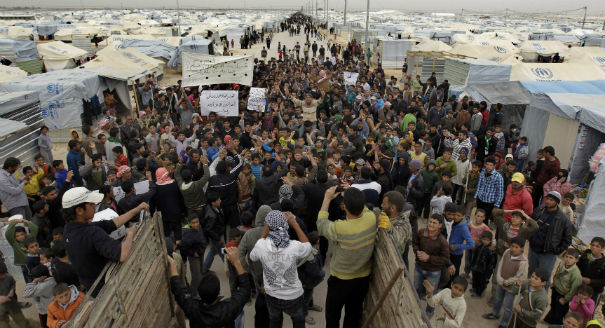
The cost of Syrian refugees
Recent estimates place the total number of Syrian refugees in Jordan at over 500,000. Zaatari refugee camp has become the fourth largest city in Jordan by population—it may not be much of a home, but each refugee costs the Jordanian government 2,500 dinars ($3,750) to host per year. The cost of Syrian refugees is putting a tremendous strain on the economy and is affecting the patronage systems that have ensured tribal loyalty to Jordan’s monarchy in the past. In addition to increasing resentment within the tribal population, the presence of Syrian refugees has also provided a boost in support for the Muslim Brotherhood, Jordan’s best-organized opposition, thereby adding to the tension the Hashemite Kingdom faces.
Jordan’s ability to absorb Syrian refugees has become a growing issue. Its fiscal position has deteriorated since the beginning of the Arab Spring; hosting 500,000 refugees has already cost Jordan over $800 million since the Syrian war began, and unrest across the Arab world, particularly in neighboring Syria, has cost Jordan’s economy as much as $4 billion. Furthermore, foreign assistance, on which Jordan was able to rely while dealing with the influx of Iraqi refugees, is insufficient. Prime Minister Abdullah Ensour recently stated in an interviewthat “the foreign assistance extended to Jordan is not enough in the face of the extraordinary numbers of Syrian refugees who have sought a safe haven in the Kingdom since the start of the Syrian conflict in March 2011.”
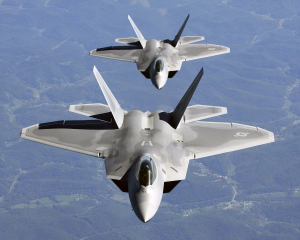
The legality of military action in Syria: humanitarian intervention and the responsibility to protect
It now seems fairly clear that the US and the UK are set to take military action in Syria in the coming days in response to the recent chemical attacks there. The UK Prime Minister, UK Foreign Secretary and the UK Secretary of State for Defence have all asserted that any action taken in Syria will be lawful. But on what grounds will military action in Syria be lawful. As is well known, United Nations Charter prohibits the use of force in Art. 2(4), as does customary international law. The UN Charter provides 2 clear exceptions to the prohibition of the use of force: self defence and authorization by the UN Security Council. It is almost certain that there will be no Security Council authorization. In a previous post, I considered the possibility of a (collective) self defence justification for the use of force in response to a use of chemical weapons. The scenario contemplated then is very different from the situation that has emerged, and the language used, at least by the UK, does not hint at a use of force on the basis of national interest. However, President Obama in a CNN interview last week did seem to speak of self defence when he said “there is no doubt that when you start seeing chemical weapons used on a large scale … that starts getting to some core national interests that the United States has, both in terms of us making sure that weapons of mass destruction are not proliferating, as well as needing to protect our allies, our bases in the region.” A justification for force on this basis would sound like preemptive self defence in a way that is very close to the Bush doctrine. I find it hard to see the Obama administration articulating a legal doctrine of preemptive self defence claim in this scenario.
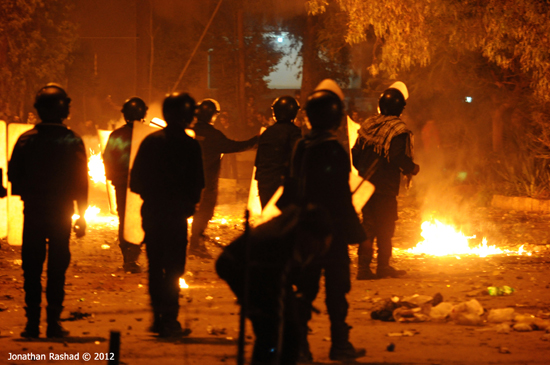
How to undermine democracy: lessons from Egypt?
Building democracy is a long-term project. It is also a frustrating one. Years of a painstaking process can lead to only a tiny step forwards. A moment of madness can set the process back decades.
Nowhere is this better illustrated than in Egypt, where the hope and optimism of the Arab Spring has already turned to despair and fear. New democracies and foreign powers that support them often ignore this point.
When opposition parties win power, they usually take little care to deliver on their promises. Donors such as the United States and France invest vast amounts of money in supporting elections but sometimes forget that this can be meaningless if they do not defend democratic principles along the way.

Is the Israeli-Palestinian conflict at the core of the recent regional problems?
The notion that a stable Middle East is dependent predominantly on a tiny country like Israel and on its conflict with the Palestinian Arabs being resolved was never particularly convincing. Now, as the so-called Arab Spring has entered its second year, it seems to be less persuasive than ever before.
One has to look at it in terms of cause and effect, inferring logically what would have happened had Israel and the Palestinian Authority reached a final agreement.
Let us assume, for the sake of argument, an agreement between Israel and the Palestinian Authority was reached prior to the emergence of the so-called Arab Spring.
Following such an accord, what would have happened in Syria? Would the cruel civil war now taking place in that country not have occurred? Would the Assad regime have behaved any differently towards those opposing his rule? Would they have conducted themselves any differently towards his regime? Would the Iran-backed-Hezbollah not have intervened directly in that civil war?
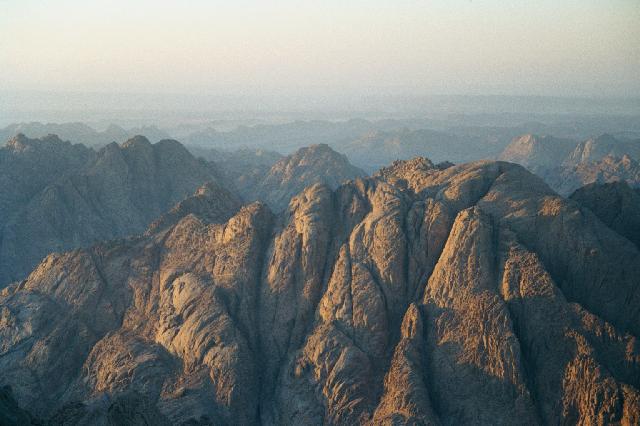
Egypt: The Middle East’s newest security threat?
Since the fall of President Mubarak, the Sinai has become an area of increasing lawlessness and instability. The region has turned into a base for drug smuggling, weapons smuggling, human trafficking, and a wide array of militant activity. The Sinai’s border with Israel and its proximity to the Suez Canal make it an area of vital strategic importance and its deterioration has the potential to threaten regional stability, the Egyptian-Israeli peace accords, and Cairo’s relations with the West.
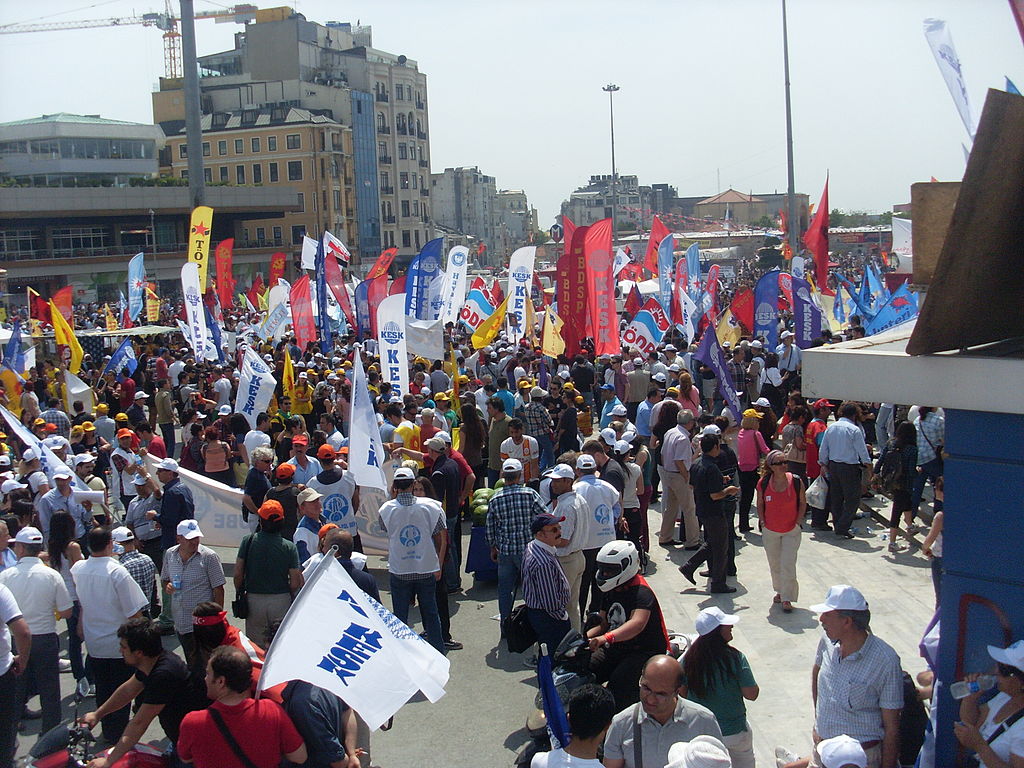
After the Protests: Time for a new politics in Turkey
The balance sheet after three weeks of protests and police violence in Turkey is grim: four people were killed, more than 7,000 wounded, 11 lost their eyesight and several hundred detained. What began as a localised protest over a shopping centre and the demolition of the Gezi Park in Istanbul’s central Taksim Square turned into a nationwide conflagration in response to the inciting rhetoric of Prime Minister Recep Tayyip Erdoğan and the unfettered police brutality unleashed upon peaceful protestors. The image of German Green Party Chairwoman Claudia Roth, barely able to speak following a teargas attack on her hotel next to the Gezi Park, will come to haunt Turkey’s political elites for years to come.
It is hence not surprising that a significant portion of Turkey’s society, which also feels unrepresented by the infighting-plagued main opposition party, was ready to go to the streets, when the initial protests over the shopping centre were brutally repressed.
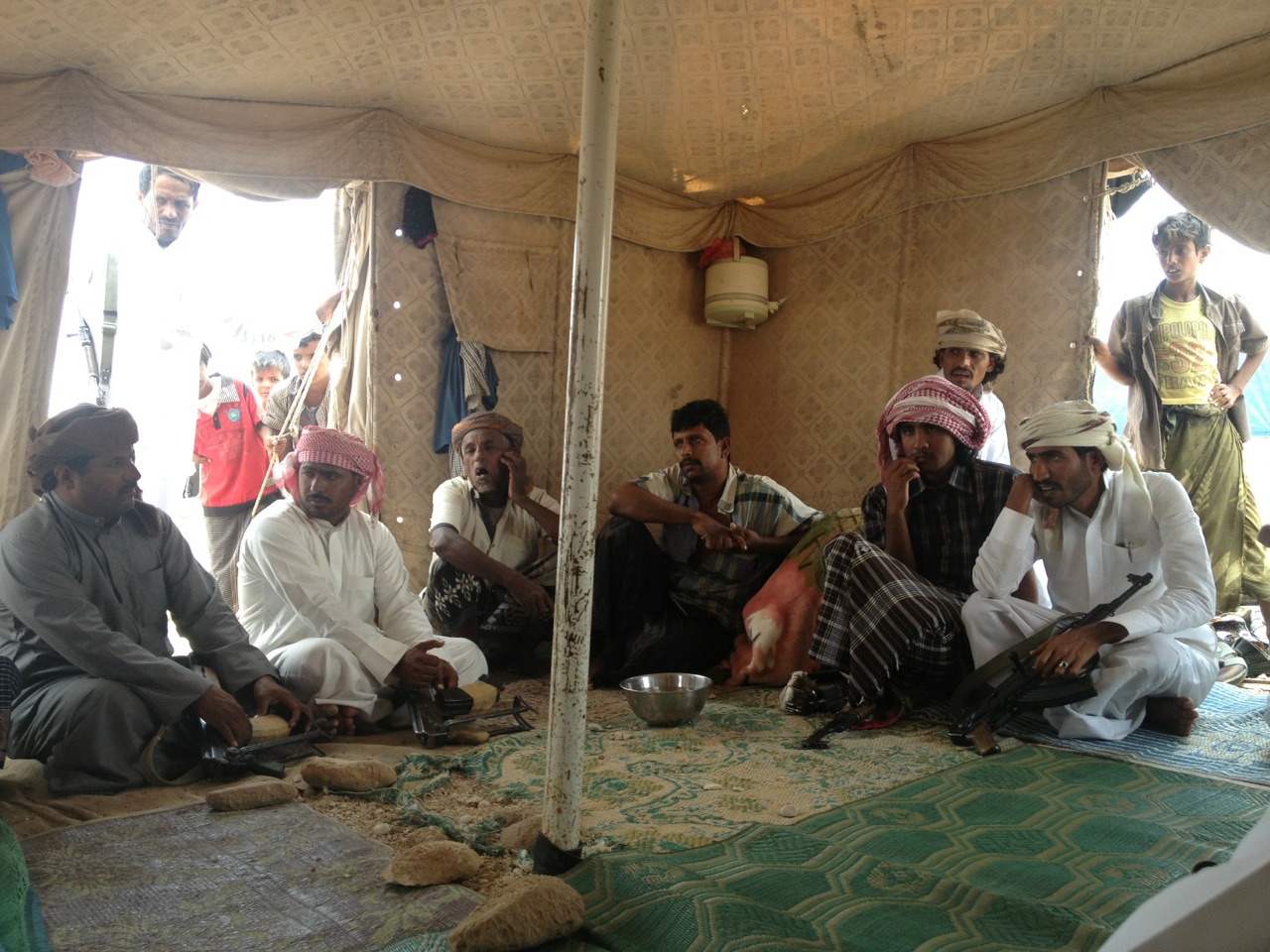
Staying safe among Yemen’s eastern tribes
Elisabeth Kendall, senior research fellow in Arabic and Islamic studies at Pembroke College, Oxford, recently travelled to Yemen’s remote and dangerous Mahra region to carry out the first ever survey of the local people’s hopes, fears and political aspirations in post-revolution Yemen.
There she spoke with tribal leaders about the threat to the region from al Qaeda fighters, met tribesmen trying to combat gun and drug smugglers, and heard of plans to pipe the region’s limited water supply to Saudi Arabia.









